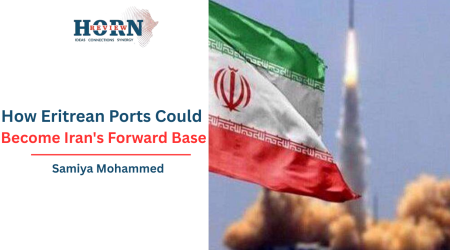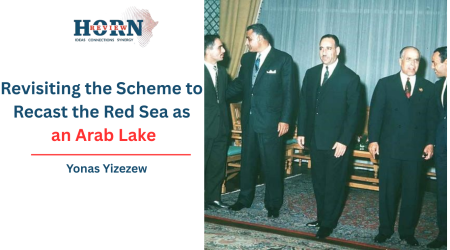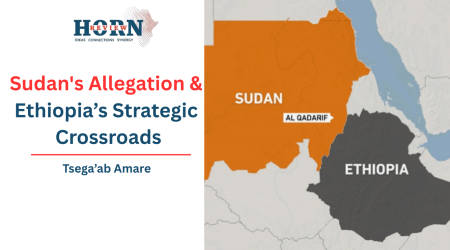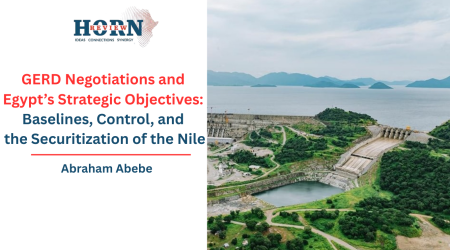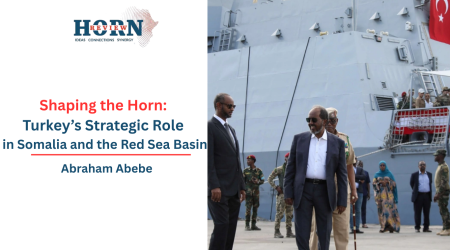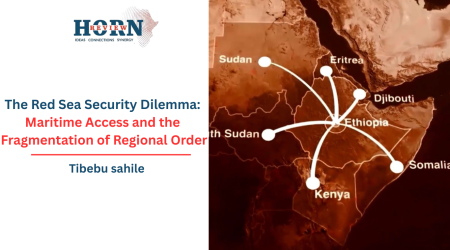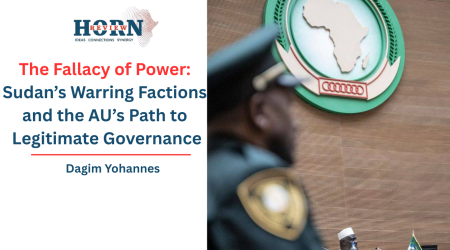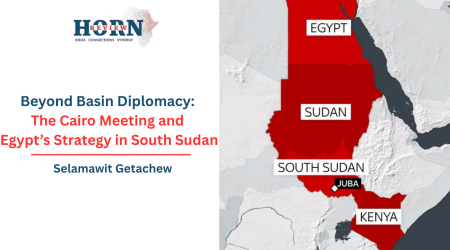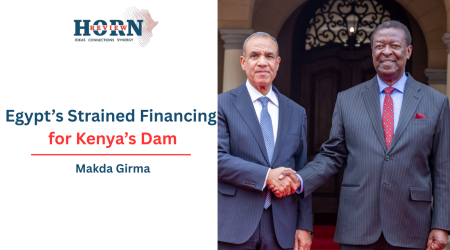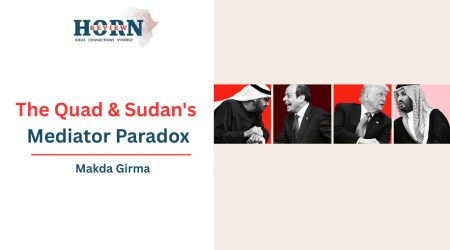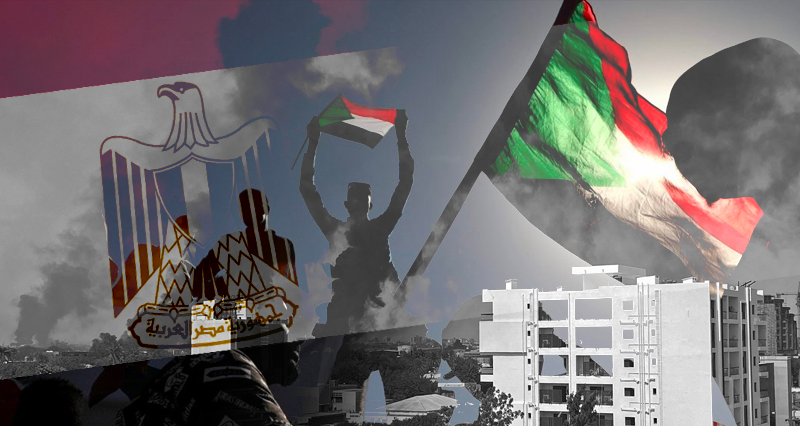
7
Jul
Veiled Ambitions: Egypt’s Calculated Mediation as Power Play in Sudan
Egypt has recently taken on a high-profile mediation role in Sudan, presenting itself as a regional peace broker even as it quietly advances its strategic agenda. By brokering ceasefires and organizing joint security mechanisms, Cairo is leveraging these diplomatic initiatives to expand its influence over vital resource corridors and political alliances in the conflict zone.
In Sudan, Egypt’s involvement dates back to the earliest stages of the war. Concerned that instability on its southern border could spill into its Red Sea flank, Cairo quickly positioned itself as a mediator between the Sudanese Armed Forces (SAF) and the Rapid Support Forces (RSF).
Egypt shares with the SAF not only a history of military cooperation and joint exercises but also a mutual interest in countering Ethiopia’s influence, particularly with the Grand Ethiopian Renaissance Dam (GERD) dispute and Ethiopia’s Memorandum of Understanding with Somaliland, which Cairo views as a challenge to its traditional sphere of influence in the Red Sea. By facilitating talks and proposing joint security deployments along key transit routes, Egypt gains leverage over Sudan’s gold-rich regions and reasserts its role as a guardian of Nile Basin stability.
Egypt claims its intervention upholds regional stability, but its hidden motives are clear. Egypt’s push for a leading peacekeeping role in Sudan dovetails with its broader military diplomacy in Africa, from planned troop deployments to Somalia under AU and bilateral agreements, to arms sales in Central African Republic, Kenya, Uganda, and Burundi. These security engagements buttress Cairo’s naval ambitions in the Red Sea and shore up alliances against Ethiopia’s growing regional clout. Yet the cost of sustained hard power deployment strains Egypt’s economy; as a result, mediation offers a lower-cost, higher-visibility alternative to project influence when outright military intervention proves too expensive.
Notwithstanding shared interests in stability, Egypt demonstrates a strong stance regarding the governance of the Nile. Egypt, an ardent defender of colonial-era treaties that guarantee it the lion’s share of Nile water, disregards the Cooperative Framework Agreement supported by upstream states. Egypt tolerates positions on the Nile from other African states, however, the main villain in the Grand Ethiopian Renaissance Dam (GERD) crisis is Ethiopia, while some other upstream countries maintain neutral or cooperative ties with Ethiopia in the Great Lakes region.
This compartmentalization within the pragmatist mindset highlights the double role that intermediation can play. Egypt promotes African solutions to African problems publicly;
however, behind this veil, it competes for control of African water and mineral resources that are vital for national security and developmental aspirations. By taking a forefront role in mediating Sudanese ceasefires, Egypt consolidates networks of influence among weaker governments, security elites, and international benefactors that reach from the African Union to Western patrons who are anxious about China’s and Russia’s increasing footprint.
The implications extend far beyond the immediate theater of conflict. In Sudan, Egypt’s rising profile may erode Ethiopia’s traditional dominance in Horn diplomacy, divert international attention and funding to Egyptian-led initiatives, and entrench Cairo as the primary interlocutor for Gulf and Western actors seeking stability on the Red Sea. This could further isolate Ethiopia in Nile negotiations, forcing it to negotiate from a weaker position or risk diplomatic marginalization.
However, these aspirations are followed by some dangers. Egypt’s quest for diplomatic and military assertiveness may overstretch its weak economy and generate counter-alignments among Gulf patrons, Turkey, or even Ethiopia, which might react negatively to Cairo’s unilateral peacekeeping agenda.
Ultimately, the emergence of Egypt as a would-be regional peacekeeper reflects a broader trend: African states wielding security diplomacy to safeguard strategic interests in an era of resource scarcity and geopolitical competition. Its interventions in Sudan demonstrate how mediation can serve as a form of power projection, subtly recalibrating influence over the Nile Basin. As Cairo expands its peace-broker portfolio, it reshapes not only the outcomes of these conflicts but also the contours of the regional order itself, cementing its ambitions as a central arbiter of Africa’s security and resource governance.
By Surafel Tesfaye,Researcher,Horn Review

